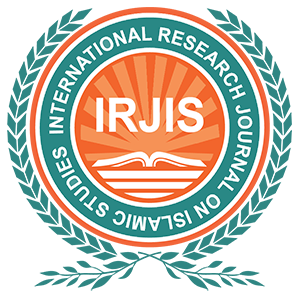Abstract:
In Sharī´ah, litigation is an important part of maintaining justice in society. The limitation in litigation refers to the idea that there are time constraints within which a person can file a legal claim or seek redress. While Islamic law does not explicitly prescribe a uniform statute of limitations as modern legal systems do, the underlying principles of justice, fairness, and accountability guide the approach to time limits in legal matters. In Sharī´ah, the limitation in litigation is primarily concerned with preventing the harm caused by prolonged disputes, ensuring the timely resolution of conflicts, and upholding the integrity of legal processes. While specific time limitations are not always explicitly outlined in classical texts, the guiding principles of justice, equity, and fairness generally allow for judicial discretion in determining the appropriateness of a claim based on its timeliness. As modern Islamic states integrate Sharia principles with national legal systems, clear limitations on various types of litigation are becoming more defined. Still, they continue to be influenced by the foundational goals of preserving justice and social harmony.
Keywords: Limitation Act, Legal matters, Procedural Law, Substantive Law, Time limits, Principles of Justice, Equity

